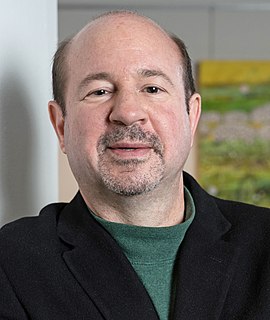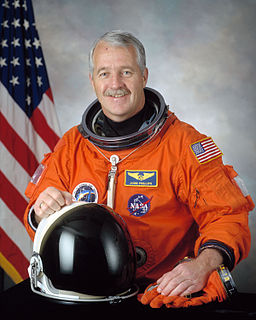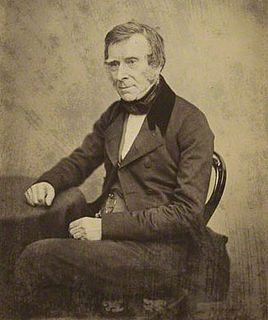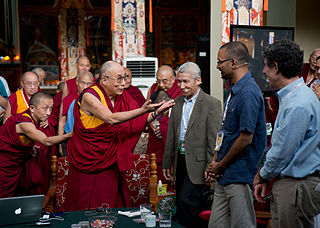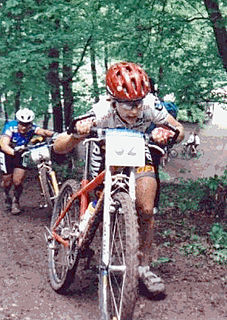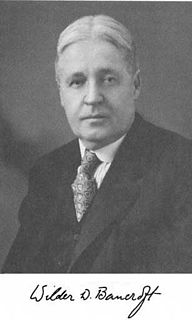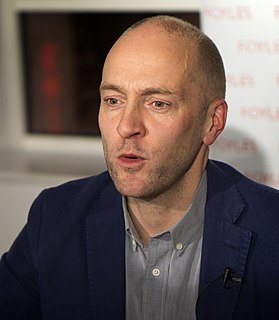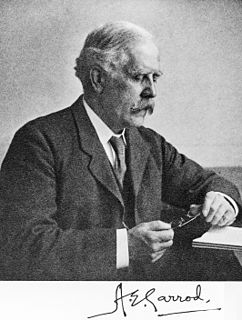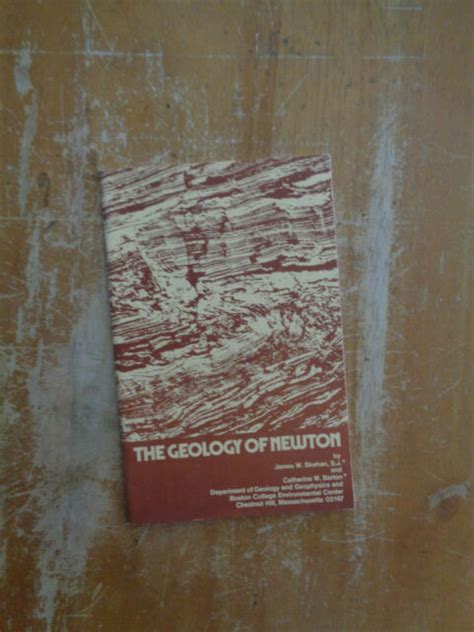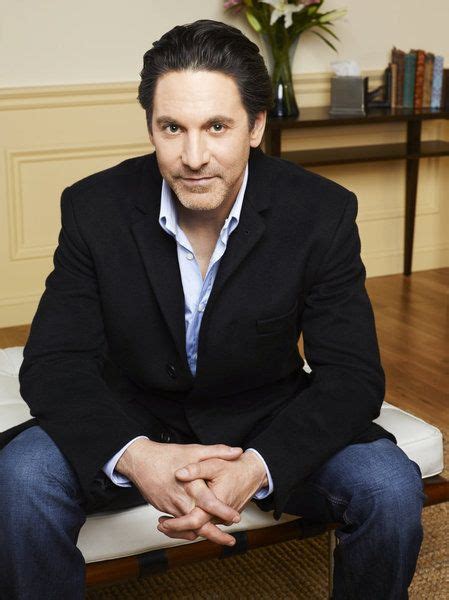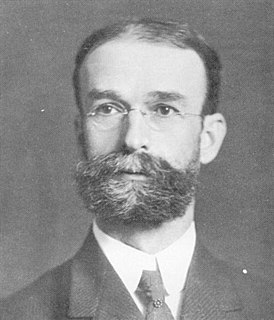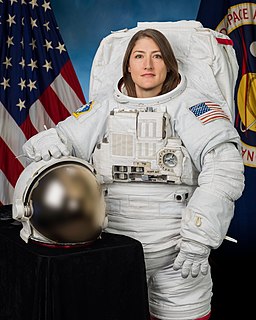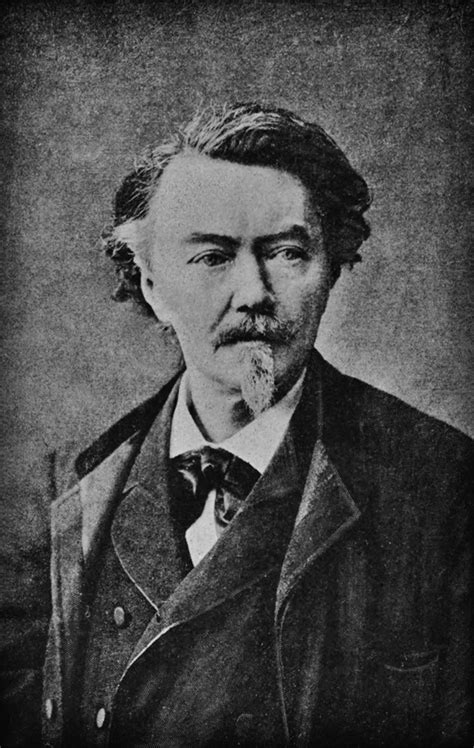Top 1200 Scientific Discovery Quotes & Sayings - Page 4
Explore popular Scientific Discovery quotes.
Last updated on November 15, 2024.
In the discovery of lemmas the best aid is a mental aptitude for it. For we may see many who are quick at solutions and yet do not work by method ; thus Cratistus in our time was able to obtain the required result from first principles, and those the fewest possible, but it was his natural gift which helped him to the discovery.
It seems to me that there is a good deal of ballyhoo about scientific method. I venture to think that the people who talk most about it are the people who do least about it. Scientific method is what working scientists do, not what other people or even they themselves may say about it. No working scientist, when he plans an experiment in the laboratory, asks himself whether he is being properly scientific, nor is he interested in whatever method he may be using as method.
America's abundance was created not by public sacrifices to the common good, but by the productive genius of free men who pursued their own personal interests and the making of their own private fortunes. They did not starve the people to pay for America's industrialization. They gave the people better jobs, higher wages, and cheaper goods with every new machine they invented, with every scientific discovery or technological advance- and thus the whole country was moving forward and profiting, not suffering, every step of the way.
We have known the bitterness of defeat and the exultation of triumph, and from both we have learned there can be no turning back. We must go forward to preserve in peace what we won in war. A new era is upon us. Even the lesson of victory itself brings with it profound concern, both for our future security and the survival of civilization. The destructiveness of the war potential, through progressive advances in scientific discovery, has in fact now reached a point which revises the traditional concepts of war.
It is attention, more than any difference between minds and men.-In this is the source of poetic genius, and of the genius of discovery in science.-It was that led Newton to the invention of fluxions, and the discovery of gravitation, and Harvey to find out the circulation of the blood, and Davy to those views which laid the foundation of modern chemistry.
The scientific method of examining facts is not peculiar to one class of phenomena and to one class of workers; it is applicable to social as well as to physical problems, and we must carefully guard ourselves against supposing that the scientific frame of mind is a peculiarity of the professional scientist.
The passion for exploration and discovery, the hunger to learn all things about all aspects of the physical world, the great and preposterous optimism that held that such truths were in fact discoverable, its dazzling sophistication and its occasional startling innocence; an age in which geographical and scientific discoveries surpassed anything previously dreamt of, and yet an age in which it was still, just barely, possible to believe in mermaids and unicorns - these remarkable traits so characterized the British 18th century
We can distinguish three groups of scientific men. In the first and very small group we have the men who discover fundamental relations. Among these are van't Hoff, Arrhenius and Nernst. In the second group we have the men who do not make the great discovery but who see the importance and bearing of it, and who preach the gospel to the heathen. Ostwald stands absolutely at the head of this group. The last group contains the rest of us, the men who have to have things explained to us.
The fundamental characteristic of the scientific method is honesty. In dealing with any question, science asks no favors. ... I believe that constant use of the scientific method must in the end leave its impress upon him who uses it. ... A life spent in accordance with scientific teachings would be of a high order. It would practically conform to the teachings of the highest types of religion. The motives would be different, but so far as conduct is concerned the results would be practically identical.
It is true that my discovery of LSD was a chance discovery, but it was the outcome of planned experiments and these experiments took place in the framework of systematic pharmaceutical, chemical research. It could better be described as serendipity. That means that you look for something, you have a certain plan, and then you find something else, different, that may nevertheless be useful.
The genuinely significant creation, whether an idea, or a work of art, or a scientific discovery, is most likely to be seen at first as erroneous, bad, or foolish. Later it may be seen as obvious, something self-evident to all. Only still later does it receive its final evaluation as a creative contribution. It seems clear no contemporary mortal can satisfactorily evaluate a creative product at the time it is formed, and this statement is increasingly true the greater the novelty of the creation.
Scientific and technological progress themselves are value-neutral. They are just very good at doing what they do. If you want to do selfish, greedy, intolerant and violent things, scientific technology will provide you with by far the most efficient way of doing so. But if you want to do good, to solve the world's problems, to progress in the best value-laden sense, once again, there is no better means to those ends than the scientific way.
Nevertheless, scientific method is not the same as the scientific spirit. The scientific spirit does not rest content with applying that which is already known, but is a restless spirit, ever pressing forward towards the regions of the unknown, and endeavouring to lay under contribution for the special purpose in hand the knowledge acquired in all portions of the wide field of exact science. Lastly, it acts as a check, as well as a stimulus, sifting the value of the evidence, and rejecting that which is worthless, and restraining too eager flights of the imagination and too hasty conclusions.
I think that when you do any kind of theatrical form, (you can't really do this in the theater) the task as an artist is to reach some form of catharsis yourself, and express something that allows an audience to have some form of catharsis. If there's no discovery in what you do, if there's no struggle in what you do to have that discovery, then, there's no meaning in what you do.
It is unwise to equate scientific activity with what we call reason, poetic activity with what we call imagination. Without the imaginative leap from facts to generalisation, no theoretic discovery in science is made. The poet, on the other hand, must not imagine but reason--that is to say, he must exercise a great deal of consciously directed thought in the selection and rejection of his data: there is a technical logic, a poetic reasoning in his choice of the words, rhythms and images by which a poem's coherence is achieved.
Discovery should come as an adventure rather than as the result of a logical process of thought. Sharp, prolonged thinking is necessary that we may keep on the chosen road but it does not itself necessarily lead to discovery. The investigator must be ready and on the spot when the light comes from whatever direction.
To an extent that undermines classical standards of science, some purported scientific results concerning 'HIV' and 'AIDS' have been handled by press releases, by disinformation, by low-quality studies, and by some suppression of information, manipulating the media and people at large. When the official scientific press does not report correctly, or obstructs views dissenting from those of the scientific establishment, it loses credibility and leaves no alternative but to find information elsewhere.
Since the discovery of oxygen the civilised world has undergone a revolution in manners and customs. The knowledge of the composition of the atmosphere, of the solid crust of the earth, of water, and of their influence upon the life of plants and animals, was linked to that discovery. The successful pursuit of innumerable trades and manufactures, the profitable separation of metals from their ores, also stand in the closest connection therewith.
The American creationist movement has entirely bypassed the scientific forum and has concentrated instead on political lobbying and on taking its case to a fair-minded electorate... The reason for this strategy is overwhelmingly apparent: no scientific case can be made for the theories they advance.
No one can take from us the joy of the first becoming aware of something, the so-called discovery. But if we also demand the honor, it can be utterly spoiled for us, for we are usually not the first. What does discovery mean, and who can say that he has discovered this or that? After all it's pure idiocy to brag about priority; for it's simply unconscious conceit, not to admit frankly that one is a plagiarist.
The discovery of nuclear chain reactions need not bring about the destruction of mankind
any more than did the discovery of matches. We only must do everything in our power to
safeguard against its abuse. Only a supranational organization, equipped with a sufficiently
strong executive power, can protect us.
Although I know of no reference to Christ ever commenting on scientific work, I do know that He said, "Ye shall know the truth, and the truth shall make you free." Thus I am certain that, were He among us today, Christ would encourage scientific research as modern man's most noble striving to comprehend and admire His Father's handiwork. The universe as revealed through scientific inquiry is the living witness that God has indeed been at work.
